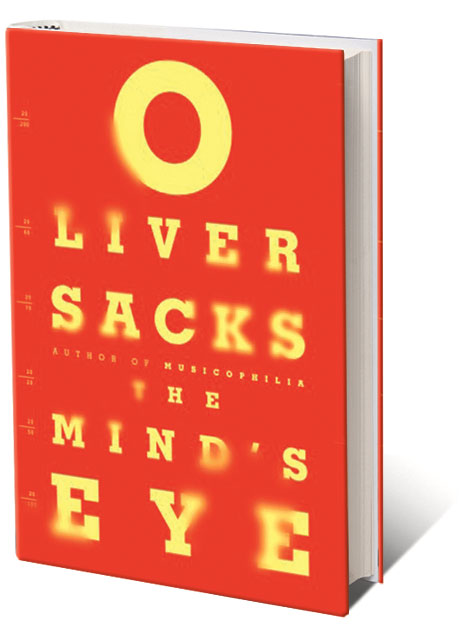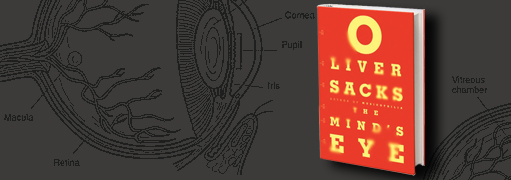Book Review: Oliver Sacks’ The Mind’s Eye Explores When Brains Go Bad
I’m Already Pretending I Have Most Of These Diseases


from “The Royal Tenenbaums

” is based on Oliver Sacks.








